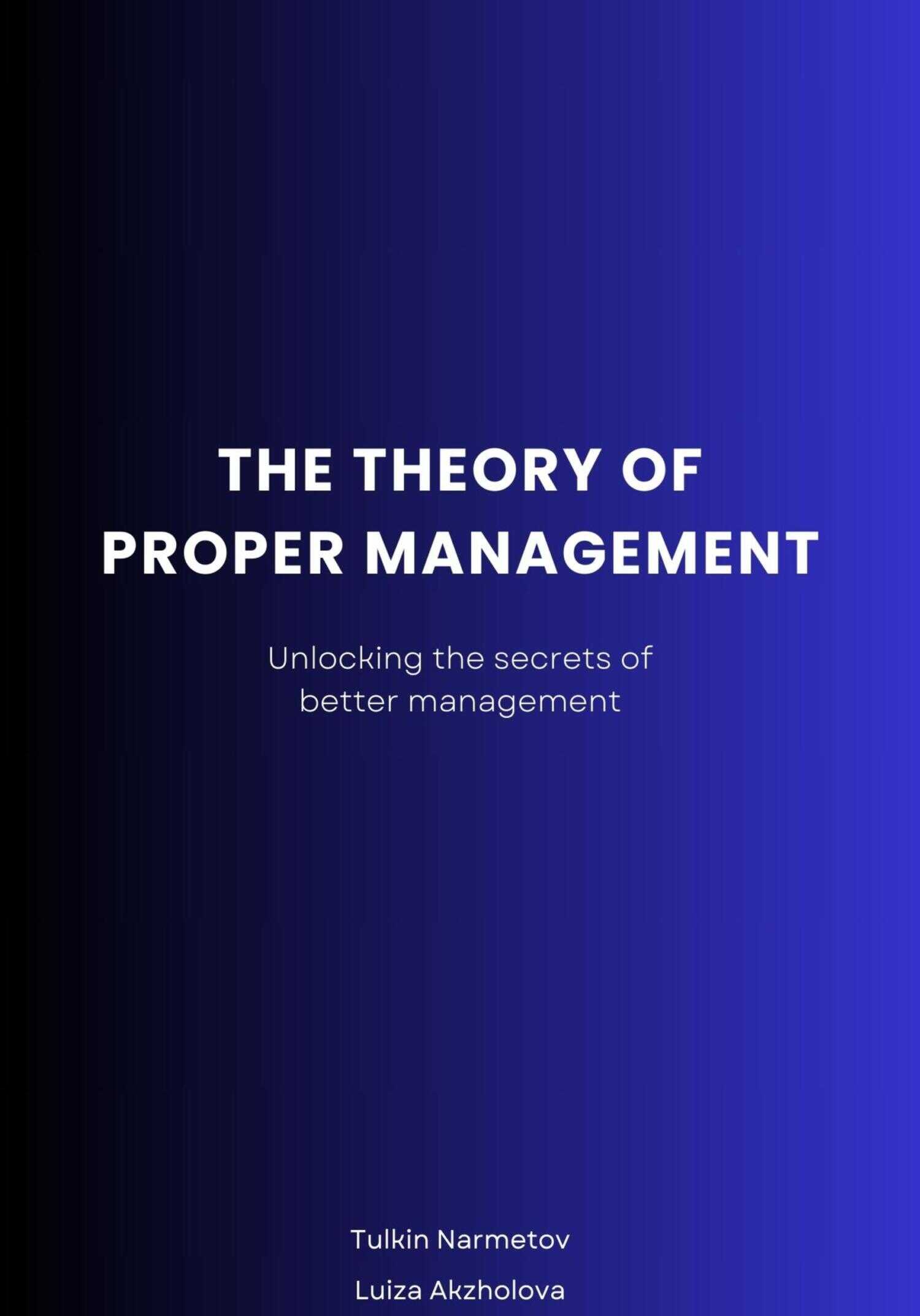Ознакомительная версия. Доступно 1 страниц из 3
Inefficient management is more than just a hurdle; it's a roadblock that can hinder progress, stifle creativity, and ultimately, impede success. Unfortunately, it's a problem that many organizations face, regardless of size or industry. This book is written for students and aspiring executives who wish to improve their management skills and solve problems for the successful operation and sustainable development of companies and organizations of all forms.
Ознакомительная версия. Доступно 1 страниц из 3
